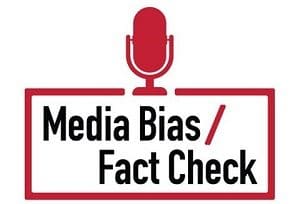
Pseudoscience: Consists of statements, beliefs, or practices that are claimed to be both scientific and factual but are incompatible with the scientific method (unproven, not testable, or opposed to the consensus of traditional science).
Applied Kinesiology
Definition: A diagnostic system that uses manual testing of the functional integrity of muscles to identify an illness in other parts of the body. According to Pain Science, “Applied kinesiology (AK) is a bogus method of diagnosis and prescription invented by a chiropractor in the 1960s and used today mainly by chiropractors and some naturopaths. It is denounced as an absurd and dishonest parlor trick by anyone else who knows anything about it, and most skeptics consider AK to be one of the most blatant forms quackery. It is not directly harmful, but it is a costly distraction from real medical care.
Reasoning: The basic idea behind AK is similar to one of Sir Isaac Newton’s Laws of Motion, which states, “for every action in nature there is an equal and opposite reaction.” Applied kinesiology takes this concept and applies it to the human body. This means that any internal issues you may be experiencing would be accompanied by related muscle weakness. Following this thought process, you should be able to perform a muscle test to diagnose any underlying medical condition. Muscle testing conducted in applied kinesiology differs from standard orthopedic muscle testing. Here’s an example: You have a muscle test performed and your bicep is deemed “weak.” A person performing the muscle test with a standard view of medicine might suggest working out your biceps more at the gym. A person following the principles of applied kinesiology may suggest that you have this weakness because of an underlying problem with your spleen. According to several studies — including a 2001 study on the kinesiology muscle test — while some standard orthopedic or chiropractic muscle tests may be helpful for specific muscle-related weaknesses, muscle tests are useless for diagnosing medical conditions (such as organic disease or mental illness).
More Information
Conclusion: For the most part, the medical community has rejected the idea of applied kinesiology as a diagnostic tool. To quote a 2013 study: “The research published by the Applied Kinesiology field itself is not to be relied upon, and in the experimental studies that do meet accepted standards of science, Applied Kinesiology has not demonstrated that it is a useful or reliable diagnostic tool upon which health decisions can be based.”
Last Updated on October 20, 2020 by Media Bias Fact Check
Do you appreciate our work? Please consider one of the following ways to sustain us.
or
Left vs. Right Bias: How we rate the bias of media sources
